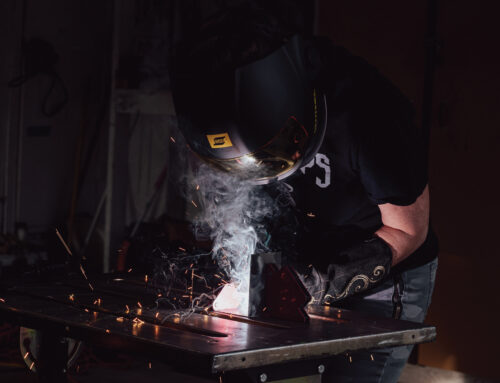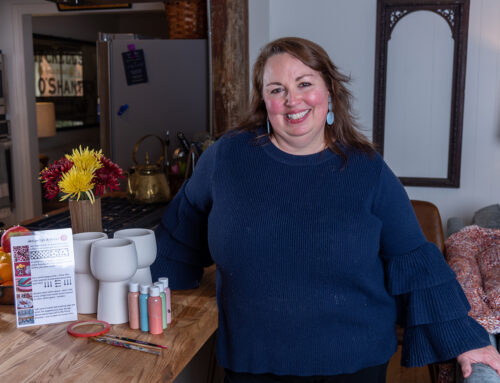I was talking with my father the other day, and — as we often conclude after a few minutes of discussion — not much was going on with either one of us.
Life was pretty routine, and we agreed that “routine” wasn’t all that bad, particularly given many of the alternatives.
But after exchanging information about what he ate for lunch and what his grandsons were doing, he broke the trend: “Hey, something interesting happened to me the other day.”
Dad said he pulled into the gas station and, like always, launched into his routine: Pump, pay, go.
Once the nozzle was firmly installed in the gas tank, he began talking with someone who drove up next to him. Then dad walked into the gas station, wrote a check to pay for the gas, walked back to the truck (where my mom was waiting), and fired it up.
As he pulled away, he heard a “thud” and mom noticed a commotion back at the station; she “suggested” they stop and see what was going on.
And just as he opened the door and turned, he saw a now-disembodied gasoline hose trailing his truck, the nozzle still firmly gripped in the gas tank.
When you think about it, yanking the gasoline hose out of its pump is a pretty dumb thing to do. And it’s hard to imagine how it could happen to anyone, much less someone who’s generally responsible and aware of his surroundings.
But that’s the kind of thing that happens when we alter our routine, even just a little bit.
You may not be aware of it, but you have a bath or shower routine. Maybe you rinse, scrub, shampoo, condition, rinse and dry. Or maybe you scrub, shampoo, rinse, shave and dry. Whatever you normally do, see what happens if you skip a step. I did that once, by accident, and wound up shampooing my hair with conditioner, which turned my then-voluminous head of hair into a slimy, grimy mess when I figured out my error 30 minutes after leaving the shower.
Think about your morning routine, the cadence in which you make and eat your breakfast or the way you make coffee or put on your clothes — there’s a sequence to most of our activities that we just do without thinking.
Or try and count the number of times you move your toothbrush back and forth on each side of your mouth. Here’s betting you can’t do it; once you start trying to dissect a routine, it all breaks down pretty quickly.
The point of all this?
Digging a rut a little deeper or continuing a routine thoughtlessly isn’t necessarily a bad thing — because while you’re not thinking about the mechanics of brushing your teeth, perhaps you’re solving a problem at work or planning a weekend getaway.
If you look at it that way, being predictable or following a pattern isn’t really a bad thing at all.
And as for my dad’s gasoline excitement, he happily reported that the station has a “quick coupling” method of attaching hose to pump (“it’s like a garden hose,” he said), so the disconnected hose dribbled a bit of gasoline before the store manager simply snapped it back into place — no damage done, no out-of-pocket cost.
I imagine my dad will pay a little more attention next time. If that’s a good thing …





